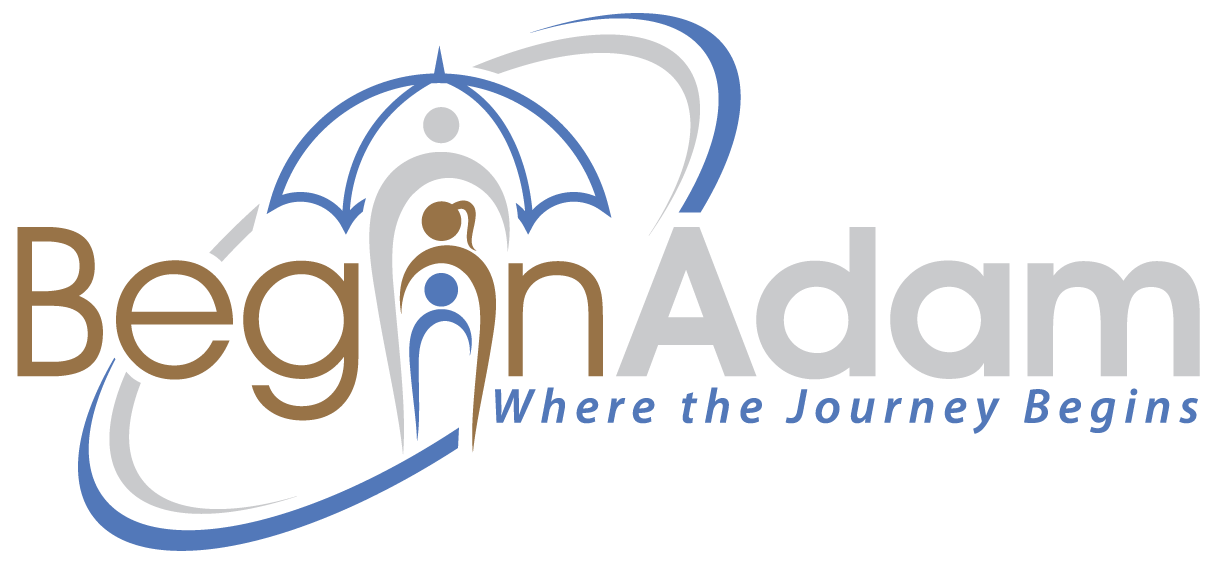Medigap, Medicare Supplement, Medicare Advantage
Medicare
Healthcare expenses can become increasingly costly
As people age, healthcare expenses can become increasingly costly. Medicare is a federal health insurance program designed to help individuals aged 65 and older, as well as those with certain disabilities or medical conditions. However, Medicare only covers a portion of healthcare expenses, leaving some individuals with out-of-pocket costs. That’s where Medicare supplement plans and Medicare Advantage come in.
In this article, we will discuss the different Medicare supplement plans and Medicare Advantage options available, eligibility based on age and health, the Annual Enrollment Period (AEP) and Open Enrollment Period (OEP), and how a faith-based agent can help you navigate these options.

Medicare Supplement Plans
Medicare supplement plans, also known as Medigap plans, are private insurance policies that help pay for some of the out-of-pocket costs associated with Original Medicare. There are ten standardized best Medigap plans labeled A through N, each with varying levels of coverage.
Plan A is the most basic Medigap plan and covers only the Medicare Part A and B coinsurance, copayments, and deductibles. Plan N, on the other hand, covers the same benefits as Plan A, but also covers the Medicare Part B coinsurance and copayments, as well as some out-of-pocket costs for hospitalization.
Eligibility for Medigap plans is generally based on age and enrollment in Medicare Part A and B. Some states have additional eligibility requirements, such as guaranteed issue rights, which allow individuals to enroll in a Medigap plan without undergoing medical underwriting.
Medicare Advantage Plans
Medicare Advantage plans, also known as Medicare Part C, are an alternative to Original Medicare. Medicare Advantage plans are offered by private insurance companies and provide all the same benefits as Original Medicare, but may also include additional benefits such as vision, dental, and prescription drug coverage.
Medicare Advantage plans are available to individuals who are enrolled in Medicare Part A and B, and who live in the service area of the plan. Some Medicare Advantage plans may also have additional eligibility requirements, such as requiring the individual to have certain medical conditions.
There are several types of Medicare Advantage plans, including Health Maintenance Organizations (HMOs), Preferred Provider Organizations (PPOs), Private Fee-for-Service (PFFS) plans, and Special Needs Plans (SNPs).
Annual Enrollment Period (AEP) and Open Enrollment Period (OEP)
The Annual Enrollment Period (AEP) occurs from October 15 to December 7 each year. During this period, individuals can make changes to their Medicare coverage, including enrolling in or switching Medicare Advantage plans, adding or dropping prescription drug coverage, and enrolling in or switching Medigap plans.
The Open Enrollment Period (OEP) occurs from January 1 to March 31 each year. During this period, individuals who are already enrolled in a Medicare Advantage plan can switch to another Medicare Advantage plan or enroll in Original Medicare with or without a Medigap plan.
How a Faith-Based Agent Can Help
Navigating the different Medicare supplement plans and Medicare Advantage options can be confusing and overwhelming. That’s where a faith-based agent can help.
Faith-based agents are insurance agents who specialize in helping individuals navigate their Medicare options. They provide personalized guidance and education on the different plan options available like the christian medicare supplemental insurance and help individuals choose the plan that best meets their needs and budget.
In addition, faith-based agents can provide support and guidance during the AEP and OEP, ensuring individuals are aware of any changes to their plan options regarding christian fidelity medicare supplement, and among others, to help them make any necessary adjustments.
Conclusion
As healthcare costs continue to rise, it’s important for individuals to explore their Medicare supplement plan and Medicare Advantage options. Understanding eligibility requirements, enrollment periods, and the different plan options available can be challenging, but a faith-based agent can provide the guidance and support needed to make informed decisions about healthcare coverage. Whether it’s selecting a Medigap plan to help cover out-of-pocket costs, or choosing a Medicare Advantage plan with additional benefits, a faith-based agent can help individuals navigate their options and find a plan that meets their unique needs.
It’s important to remember that eligibility for Medicare and its supplemental plans is generally based on age and enrollment in Medicare Part A and B. However, there may be additional eligibility requirements in certain states or for certain Medicare Advantage plans.
During the Annual Enrollment Period (AEP) and Open Enrollment Period (OEP), individuals have the opportunity to make changes to their Medicare coverage, including enrolling in or switching to a Medicare Advantage plan or Medigap plan. Faith-based agents can provide guidance during these enrollment periods, ensuring individuals are aware of their options and making any necessary adjustments to their coverage.
